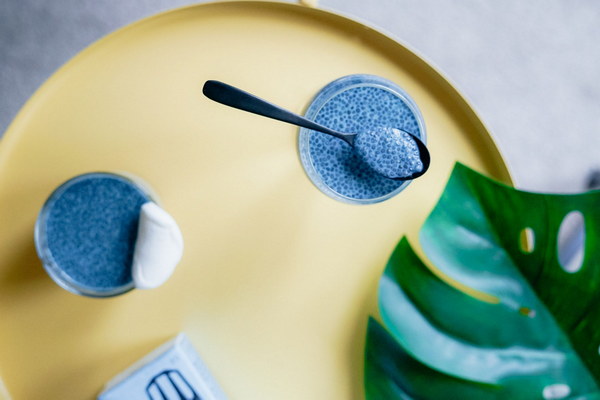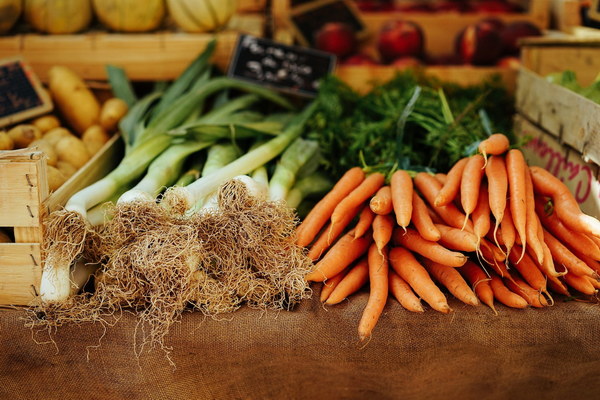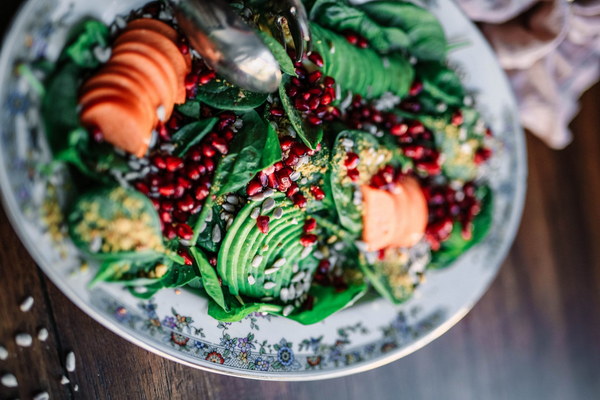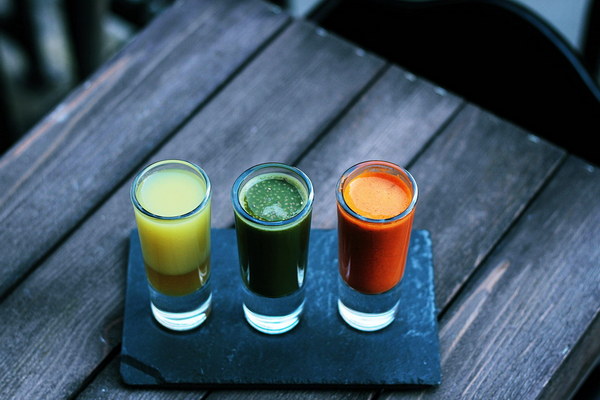Nourishing Qi and Blood Traditional Chinese Methods for Strengthening the Liver and Kidneys
In Traditional Chinese Medicine (TCM), the concepts of Qi and Blood are fundamental to maintaining overall health and well-being. Qi, or vital energy, flows through the body and is crucial for the proper functioning of organs, including the liver and kidneys. Blood, on the other hand, is responsible for nourishing the tissues and organs and ensuring their health. When either Qi or Blood is deficient, it can lead to various health issues. This article will delve into the traditional methods used in TCM to nourish Qi and Blood, with a focus on strengthening the liver and kidneys.
Understanding Qi and Blood Deficiency
Qi and Blood Deficiency can manifest in different ways, such as fatigue, weakness, dizziness, pale complexion, and cold hands and feet. The liver and kidneys are particularly important in the production and regulation of Qi and Blood. The liver stores Blood and is responsible for the smooth flow of Qi, while the kidneys produce essential substances that support the production of Qi and Blood.
Herbal Remedies
One of the most common methods for nourishing Qi and Blood in TCM is through the use of herbal remedies. These formulas are tailored to the individual's specific constitution and the root cause of their Qi and Blood Deficiency. Some commonly used herbs include:
- Astragalus (Huang Qi): Known for its immune-boosting properties, Astragalus is used to tonify the Qi and support the immune system.
- Codonopsis (Dang Shen): This herb helps to replenish Qi and Blood, and is often used to treat fatigue and weakness.
- Suan Zao Ren (Sour Jujube Seeds): These seeds are believed to nourish the heart and calm the mind, which can be beneficial for those with anxiety and insomnia.
- Ginseng (Ren Shen): Ginseng is a well-known adaptogen that can help to boost the immune system and improve overall vitality.
Dietary Adjustments
Adequate nutrition is essential for replenishing Qi and Blood. In TCM, the following dietary adjustments are recommended:
- Incorporate foods rich in iron, such as leafy greens, red meat, and beans, to support Blood production.
- Consume foods that tonify the liver and kidneys, such as nuts, seeds, and dark leafy greens.
- Avoid cold and raw foods, as they can impair the digestive system and weaken Qi and Blood.
- Include warming spices like ginger, cinnamon, and turmeric in your diet to boost Qi and Blood circulation.
Acupuncture and Massage
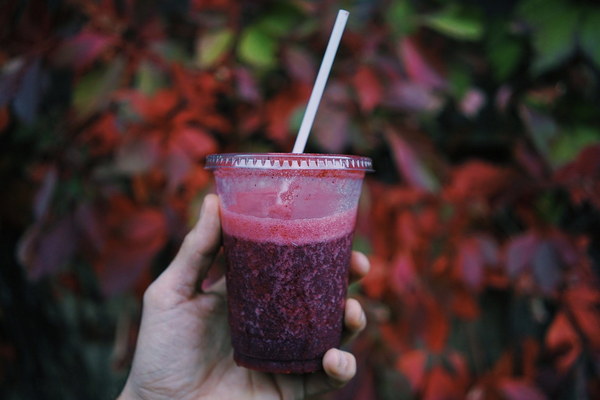
Acupuncture, a key component of TCM, can help to balance Qi and Blood in the body. Fine needles are inserted into specific acupuncture points, which are believed to stimulate the flow of Qi and Blood. Additionally, massage therapy, such as Tui Na or Shiatsu, can help to improve circulation and reduce stress, which can contribute to Qi and Blood Deficiency.
Exercise and Relaxation Techniques
Regular exercise is crucial for maintaining a healthy Qi and Blood flow. Gentle exercises like tai chi, qi gong, and yoga can help to balance the body's energy and promote relaxation. Additionally, incorporating relaxation techniques such as meditation and deep breathing exercises can help to reduce stress and improve overall well-being.
Conclusion
Incorporating these traditional Chinese methods into your daily routine can help to nourish Qi and Blood, strengthen the liver and kidneys, and improve your overall health and vitality. It is essential to consult with a qualified TCM practitioner to develop a personalized treatment plan that addresses your specific needs and constitution. By taking a holistic approach to health, you can achieve a balanced and harmonious life.

